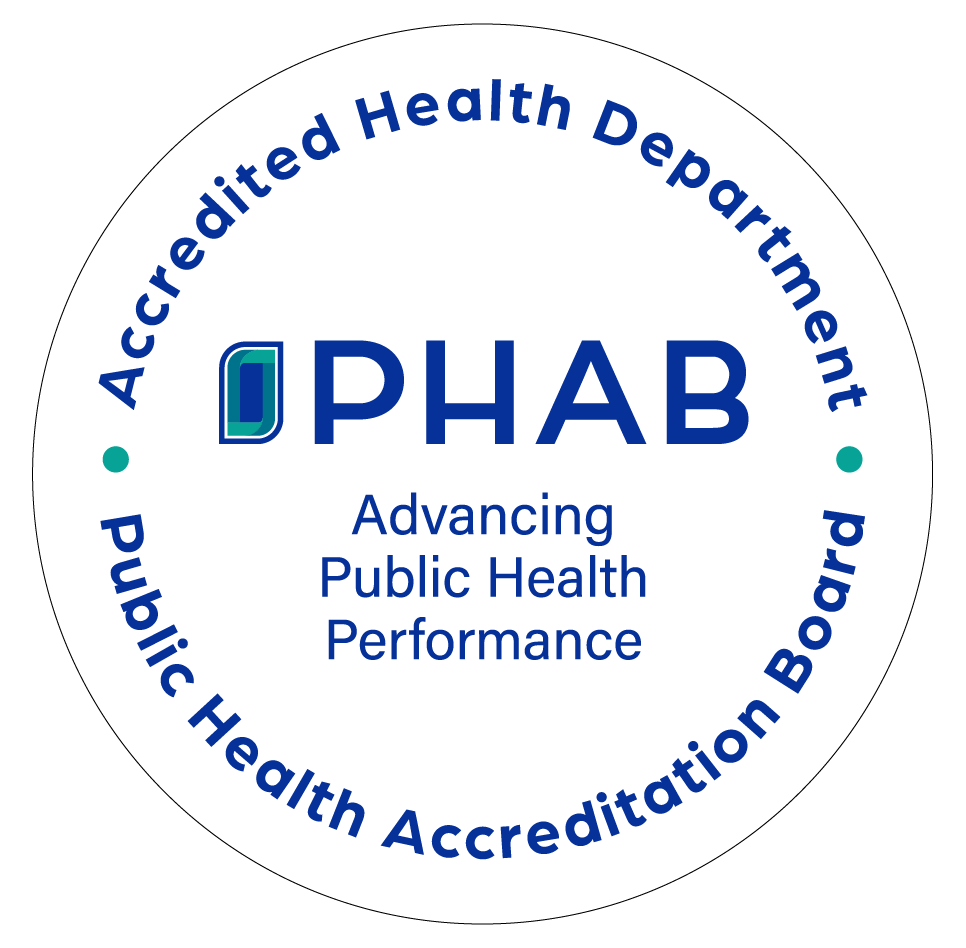Indiana Communities Advancing Recovery Efforts (IN CAREs) ECHO
IN CAREs ECHO
As part of the Division of Trauma and Injury Prevention’s efforts to fund and strengthen drug overdose prevention efforts at the local level, the Indiana Department of Health has implemented the Indiana Communities Advancing Recovery Efforts (IN CAREs) ECHO (Extension for Community Healthcare Organizations), funded by the Centers for Disease Control and Prevention’s Overdose Data to Action grant.
ECHO is an innovative teaching and learning framework that uses videoconferencing technology to connect community stakeholders with subject matter experts for the transference of knowledge and skills, specifically for those in underserved communities. This allows for collaborative problem solving, continued mentorships, innovation and expansion of new efforts and ideas. Its foundation lies in proven adult learning techniques and the great success the pilot project showed in the medical community.
The IN CAREs ECHO brings together faculty experts who have experience in reducing overdose deaths with a set of community-based teams made up of leaders within the community. The sessions center around expert lectures and case-based presentations from participants. This is followed up by local post-ECHO action meetings to ensure that knowledge and skills during sessions learned are being applied.
The Indiana Department of Health funds community teams to carry out prevention activities that fall under five primary categories:
- Strategy 1: Primary Prevention/Education
- Strategy 2: Secondary Prevention
- Strategy 3: Tertiary Prevention
- Strategy 4: Linkage to Care
- Strategy 5:Data Collection
Community Spotlights

More than $1.5 million dollars have been awarded to 16 counties: Allen, Clark, Delaware, Dearborn, Fayette, Floyd, Grant, Howard, Jay, Jennings, Madison, Randolph, Stark, St. Joseph, Vanderburgh and White for work to be done between Jan.1, 2020 - August 21, 2021. The funds are being used to promote harm reduction, raise awareness and educate around substance use disorder and treatment options. Below you can find featured stories from three of our funded counties.
Jay County
The Jay County Drug Prevention Coalition (JCDPC) continues to have a strong substance use prevention presence in their community. With the support of Indiana Department of Health funding, JCDPC has implemented the Botvin LifeSkills program in two local elementary schools. Botvin LifeSkills is an evidence-based substance use prevention curriculum for adolescents and teens that aims to strengthen cognitive behavioral skills. They also have successfully increased community awareness and buy-in regarding Adverse Childhood Experiences training. Further JCDPC have held training sessions for Mental Health First Aid and the Strengthening Family Program in which they were able to train and certify Public Safety Officers, JCDPC staff members, and members of the public. They were also able to create buy-in from first responders and plan to host training sessions with them in early 2021. JCDPC faced delays and logistical challenges due to COVID-19 restrictions, however through social media and community campaigns, they were able to sustain community interest.
Clark County
The Clark County Health Department (CCHD) focuses much of its substance use efforts around harm reduction, overdose response and comprehensive care for overdose patients. They have used the Indiana Department of Health grant funding to expand existing programs and services. A majorly successful program they are running is the Pulse Point app, which allows laypersons trained in administering naloxone to respond to overdose emergencies in their vicinity through an alert on their app. They expanded this program by onboarding healthcare providers as “verified responders” who are able to enter private residences in event of an overdose emergency. They have also creatively adapted to the constraints of COVID-19 by providing drive-thru Narcan training. Another notable effort they have made is targeting substance use education programs towards grandparents who are taking care of children who have parents with substance use disorders. These older adults face a unique set of problems in such circumstances, and CCHD was proactive in recognizing and implementing programs to help mitigate the consequences. Continued and enthusiastic involvement of stakeholders and community members before and during the pandemic has helped the CCHD programs reach many of their goals.
Floyd County
Our Place Drug and Alcohol Education Services has been a part of the Floyd County community for the past 40 years. They have long history of substance use awareness and prevention efforts. Through the ECHO grant, they have continued to expand their work. Our Place has successfully implemented a mobile unit with a Peer Recovery Specialist, through which they have provided wound care services, linkage to housing, treatment services, naloxone distribution, training and education. Residents have also used this unit as a place to drop off meals and blankets for those in need. It has been met with an overwhelmingly positive response from its users. Our Place has also been keen to use the new skills and knowledge gathered during the ECHO meetings and has implemented a naloxone training that includes CPR training following the example of a neighboring county. They have also made significant strides in education, community buy-in, and implementation of substance use prevention programs in elementary and middle school curriculums. Their long-standing presence in the community has made them able to target multiple community groups for a more comprehensive approach to harm reduction and community awareness.
Page last updated 02/23/2021.

